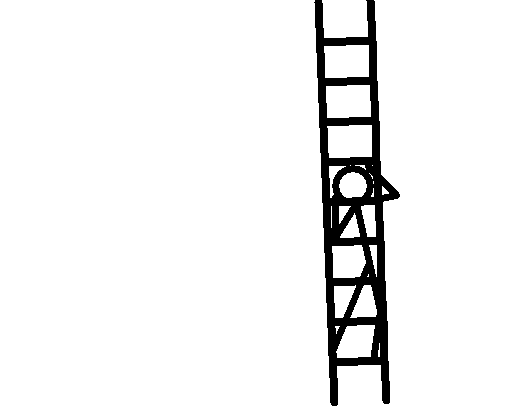So, Charters Can Cheat, Apparently
The New York charter school that had the highest jump in ELA test scores is also the charter schoolthat decided to score their own tests.
English scores at the Teaching Firms of America Charter School jumped from 20% proficiency to 40% proficiency. And according to NY Chalkbeat, the principal doesn't find anything odd about it.
Founding principal Rafiq Kalam Id-Din II said he was confident that the English gains are an accurate reflection of how far his students have come.
“The growth is the result of authentic instruction,” he said. “That’s what happens when you don’t do test prep.”
In NY, charter schools aren't part of the test-grading consortium that scores exams for public schools, but they have a similar system set up which most reportedly use, so that nothing looks, you know, suspicious. Like a doubling in test scores after you score them yourself.
Id-Din said he decided to allow his staff to score students’ answer sheets because he wanted teachers to better understand the state’s test-development and grading process and because it saved money for the school.
Does it really matter who runs score sheets through a scantron machine? Well, no (and we should note that the school saw no such leap in its math scores). But the ELA test of course includes writing CURMUDGUCATION: So, Charters Can Cheat, Apparently:
The Teacher Career Ladders

Teaching-- a field where you can start at the middle and work your way up to the middle.
Many commenters on many sides of various tracks periodically note that one of the problems with the teaching profession is that there is no career path. You start out teaching a bunch of kids in your classroom, and thirty-some years later, there you are, still teaching a bunch of kids in your classroom. You are probably better at it for any number of reasons, but you're doing the same job, with the same responsibilities for the same classroom teacher pay.
Lots of folks (again, from all sides of all tracks) note that this is certainly not one of the more attractive features of a teaching career, and that we could probably hang onto teachers more easily (those of us who actually want to, anyway) if we could offer some sort of career advancement. Unfortunately, here are the teacher ladders that have presented themselves to date.
The Escape Ladder
The problem with a career ladder is that it adds non-teaching tasks to a teacher's day. There are some traditional career ladders open to teachers that involve moving up to administrative or supervisory jobs. If I had to guess, I would bet the two most common reasons that teachers do not climb that ladders are 1) being an administrator looks like a miserable job and 2) they don't want to leave teh classroom.
Administrative jobs have been so hamstrung and depowered that they have lost the luster that usually makes advancement appealing. The usual desire to climb a career ladder goes something like this: "At my level I can see problems to solve that would make The Work go better, and if I climb up a rung or two, I'll be able to effect those changes and make the place work better." But in schools it looks like you have to climb a ladder to the clouds before you can actually get your hands on the power needed to straighten out much of our mess.
Even lesser jobs, like taking on dean of students or athletic director, mean less classroom time. Career ladders lead not to another, higher step in a teaching career, but to another career entirely, a career where you no longer get to do the work you went into the biz to do in
Many commenters on many sides of various tracks periodically note that one of the problems with the teaching profession is that there is no career path. You start out teaching a bunch of kids in your classroom, and thirty-some years later, there you are, still teaching a bunch of kids in your classroom. You are probably better at it for any number of reasons, but you're doing the same job, with the same responsibilities for the same classroom teacher pay.
Lots of folks (again, from all sides of all tracks) note that this is certainly not one of the more attractive features of a teaching career, and that we could probably hang onto teachers more easily (those of us who actually want to, anyway) if we could offer some sort of career advancement. Unfortunately, here are the teacher ladders that have presented themselves to date.
The Escape Ladder
The problem with a career ladder is that it adds non-teaching tasks to a teacher's day. There are some traditional career ladders open to teachers that involve moving up to administrative or supervisory jobs. If I had to guess, I would bet the two most common reasons that teachers do not climb that ladders are 1) being an administrator looks like a miserable job and 2) they don't want to leave teh classroom.
Administrative jobs have been so hamstrung and depowered that they have lost the luster that usually makes advancement appealing. The usual desire to climb a career ladder goes something like this: "At my level I can see problems to solve that would make The Work go better, and if I climb up a rung or two, I'll be able to effect those changes and make the place work better." But in schools it looks like you have to climb a ladder to the clouds before you can actually get your hands on the power needed to straighten out much of our mess.
Even lesser jobs, like taking on dean of students or athletic director, mean less classroom time. Career ladders lead not to another, higher step in a teaching career, but to another career entirely, a career where you no longer get to do the work you went into the biz to do in

